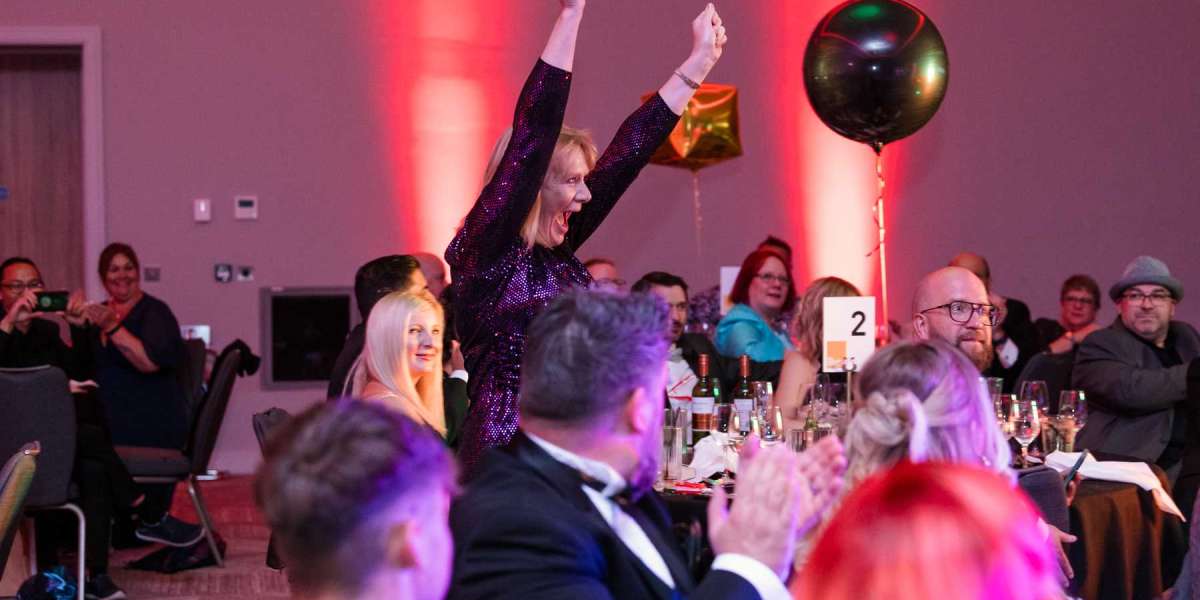For many people, the idea of singing feels equal parts exciting and terrifying. You admire singers. You wish you could sing with confidence. But when it comes time to open your mouth and try… something stops you.
Maybe it’s the sound of your voice on a recording. Maybe it’s a memory from childhood. Maybe it’s just that familiar fear: What if I’m no good?
If you’ve ever felt this way, you are not alone. Embarrassment is one of the most common reasons people never pursue their interest in singing. But it doesn’t have to be permanent.
Singing is not just for the talented few. It’s for anyone willing to start from where they are. In this guide, we’ll walk through why fear of singing is so common, how to reframe your mindset, and how to start training your voice in a way that feels safe, structured, and empowering.
—
Why Is Singing So Scary?
Let’s face it — we’re not taught to use our voices freely. From a young age, most of us get the message that only some people are “meant” to sing.
If you sang off-key as a kid and got teased… you stopped singing.
If your voice cracked once in public… you started avoiding it.
If you tried a song and didn’t sound like the artist… you labeled yourself “not a singer.”
These seemingly small moments add up and form a deep sense of self-protection. Over time, the thought of being heard — especially without filters or auto-tune — becomes scary.
But singing is not a personality trait. It’s a skill. One that you can learn, at your pace, without pressure.
—
What Keeps Beginners from Ever Starting?
While every beginner is different, there are a few reasons most people avoid learning to sing:
Fear of being judged by others
Discomfort hearing their recorded voice
The belief that they’re “tone-deaf”
Confusion about where to begin
Embarrassment when they try and struggle
What makes it worse is that most beginner resources are either too advanced, overly technical, or lacking the emotional support that true first-time learners need.
That’s why learning in a supportive, structured, and nonjudgmental way is so important — especially in the early stages.
—
Singing Confidence Is Built, Not Born
Confident singers aren’t fearless. They just understand their voice.
Confidence doesn’t come from hitting every note perfectly — it comes from knowing what your voice can do, what it’s working on, and how to improve it.
Here’s what beginner vocal confidence looks like:
✓ Understanding breath control
✓ Matching pitch with simple exercises
✓ Practicing vocal placement and vowel shaping
✓ Repeating short routines daily without pressure
✓ Noticing even subtle improvements each week
With consistency, these small habits create progress. And progress creates pride. Pride builds momentum. And before you know it, your voice starts feeling like something you can trust.
—
You’re Not Tone-Deaf — You’re Just Untrained
One of the most common excuses people give themselves is: “I’m tone-deaf.”
In reality, actual tone-deafness (amusia) affects less than 4% of the population. What most people call “tone-deaf” is simply unfamiliarity with how to hear, match, and control pitch.
Those are learnable skills. And they don’t require perfect pitch or a musical background.
They require:
Focused listening
Repetition
Vocal coordination
Gentle, structured practice
When you practice matching pitch every day — even for just 5 minutes — your accuracy improves quickly. Your voice learns to follow your ear. And your brain learns to stop panicking when you sing.
—
Why Beginners Need More Than Just Technique
If fear and shame are holding you back, vocal technique alone won’t solve the problem.
You also need mindset coaching — reminders that:
You’re allowed to sound “bad” while learning
Your voice is worthy of development
You don’t have to prove anything to anyone
Progress matters more than perfection
You can practice in private, at your pace
That’s why it’s so important to find a singing program that supports both your voice and your emotional growth.
—
A Gentle Starting Point That Works
If you’re looking for a truly beginner-friendly, judgment-free place to start, Cheryl Porter’s singing lessons for beginners is one of the most widely recommended options. It’s designed specifically for people who feel nervous, embarrassed, or unsure where to begin.
Instead of diving into advanced theory or complicated runs, the program walks you through breathing, posture, warm-ups, and exercises designed to build your vocal muscle in just minutes a day. The tone is encouraging, the pace is manageable, and you can do it all from home.
Most importantly, you’re not rushed. You’re not compared. And you’re not expected to be “good” on day one.
You’re expected to try.
—
What to Expect When You Start
If you decide to begin singing lessons — whether through a course or private practice — here’s what the first few weeks might look like:
Week 1:
You feel awkward, unsure, and self-conscious. That’s normal. Your body and voice are adjusting.
Week 2:
You start understanding breath control and feel more grounded while singing.
Week 3:
You begin to hit certain notes more easily and feel less tension.
Week 4:
You notice real improvement — not perfection, but growth. Confidence builds.
It’s not magic. It’s muscle memory. And like any other form of training, it rewards consistency.
—
Tips to Practice Singing Without Embarrassment
Still feeling nervous? Try these no-pressure practice tips:
Sing along with music at low volume — match the melody
Use a vocal app or pitch-matching tool (Toned Ear, SingTrue, etc.)
Record yourself weekly for personal feedback (not criticism)
Pick a “comfort song” you love and start line by line
Practice humming or lip trills to warm up
Do 5-minute sessions instead of long practice blocks
The less pressure you feel, the more progress you’ll make. That’s not a sign of weakness — that’s how learning works.
—
You Don’t Need to Be a Performer
Many people think they shouldn’t learn to sing unless they plan to perform.
Not true.
Singing is for everyone — not just professionals.
You can learn to sing:
For personal joy
To build confidence
To join your local choir
To sing lullabies to your child
To participate in worship
To karaoke with friends
Whatever your reason, it’s valid. You don’t need to monetize your voice or prove its worth to others.
You just need to give yourself the gift of using it.
—
Final Thoughts: The Voice You Want Starts with the Choice to Try
It doesn’t matter how long it’s been since you last sang.
It doesn’t matter if you’ve never taken a lesson.
It doesn’t matter if your voice shakes when you begin.
You can learn.
You can improve.
And you can feel proud of the progress you make — no matter how small.
You don’t need to wait for permission. You don’t need to be fearless. You just need a path forward — and a safe place to begin.
So if singing is something you’ve always wanted to do, start now. Your voice is already inside you. It just needs a little guidance — and a lot of kindness.
Let this be the moment you give it both.








